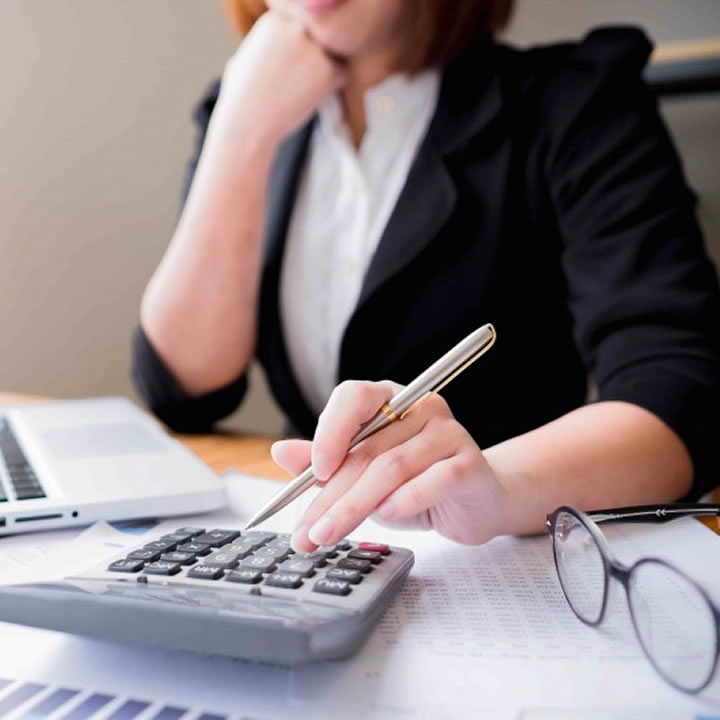A natural disaster in your community could mean home and other property damage – and big expenses. Getting back on track may require rebuilding your finances in addition to your dwelling.
Keep reading for the kinds of financial issues that might arise following such a disaster.
Learning that Accounts are in Collection
If a creditor cannot reach you because you have been forced to leave your home, or if your phone isn’t working, they may send any debts you have to collections, which could have a deleterious effect on your credit score.
Thus, if you live in a state such as Florida that’s more prone to hurricanes, say, make sure you establish a forwarding address with your creditors and banking institutions so that you aren’t caught unawares.
If you’re in a tight spot, you may be able to get an online title loan in Jacksonville, Florida, or other area cities.
You Find Out Your Loan Deferral Payments are Suddenly Due
You may be permitted to defer or suspend loan payments for a few months following a natural disaster, for which you were grateful at the time. When that time period is up, though, the whole amount is immediately due.
Although you may have known this was coming, it could still be a shock to your system – and pocketbook.
If you’re offered a deferral or forbearance, study the terms carefully.
Also, document everything discussed with the lender or loan servicer. If you don’t think you’ll be able to make a coming payment, contact the lender immediately. They may be amenable to putting you on an affordable repayment plan.
You Can’t Understand Your Financial Company’s Disaster Relief Policies
While many companies have special disaster relief policies, they won’t do you much good if you don’t understand how they work. You also risk misunderstanding how much you owe and when it’s due.
What you should do is get the company to give you written copies of any disaster policies they have in place. Go over them carefully and see where they’re applicable to you and your situation.
If you’re dealing with an issue with your home, you might want to contact a HUD-approved housing counseling agency that can help you evaluate your financial condition as well as your options if you’re having difficulties making mortgage payments.
You Discover that Your Bank or Mortgage Servicer is Holding a Contractor Check
It’s understandable if right after a natural disaster, you want to go to work repairing your home or business.
So, you begin hiring contractors.
Because some insurance checks require both your name and that of your mortgage company or loan servicer, your ability to cash your insurance check may be affected. The company may need to approve the insurance check first.
Prior to hiring a contractor so that repairs can commence, check with your insurance and mortgage companies about when and how insurance funds will be distributed when needed.
You Find that Your Vehicle was Declared a Total Loss, But You Still Owe on It
After their insurance company declares your vehicle a total loss, you may be surprised to learn that you still owe money on it.
When repair costs exceed the car’s value, the insurance company might declare the vehicle a total loss. However, if your auto loan balance exceeds the insurance paid on the totaled vehicle, you may have what’s called “negative equity.” In other words, you owe the difference to the lender.
What you should do is make sure you get a clear understanding from your auto loan lender and insurance company of what type of insurance policy you possess in addition to what losses the insurance will cover, and the amount you could still owe.
Natural disasters can seem like some abstract headlines – until one happens to you. When it does, it can wreak all manner of financial woes. The more informed you are, though, the better you can navigate them.

